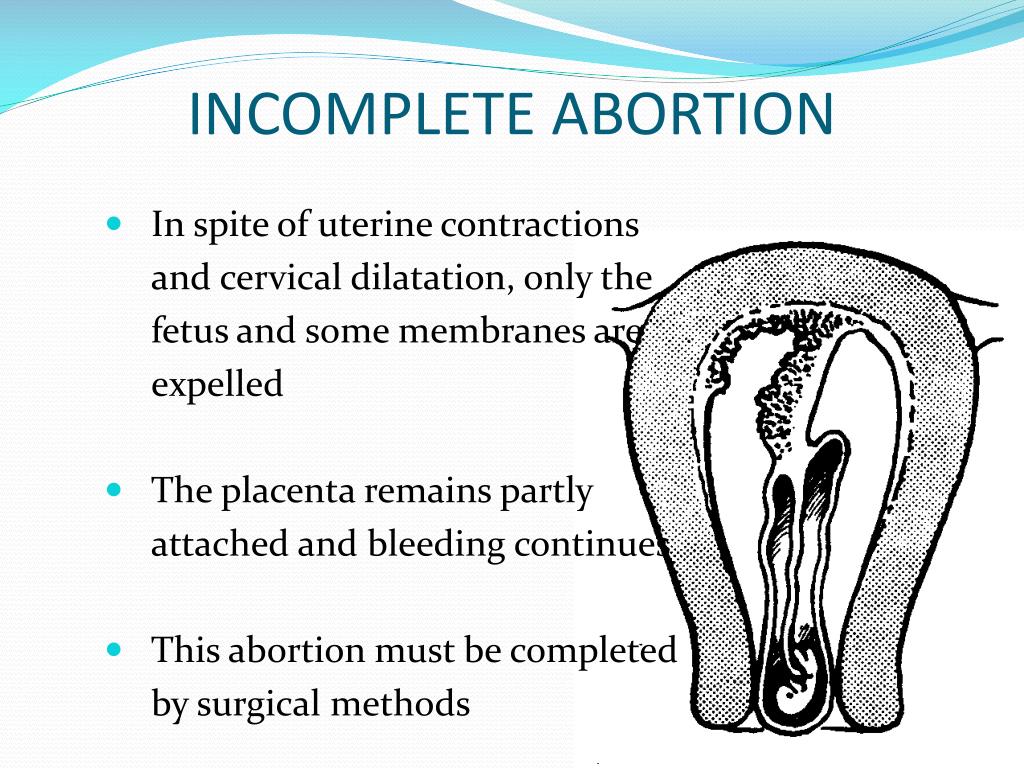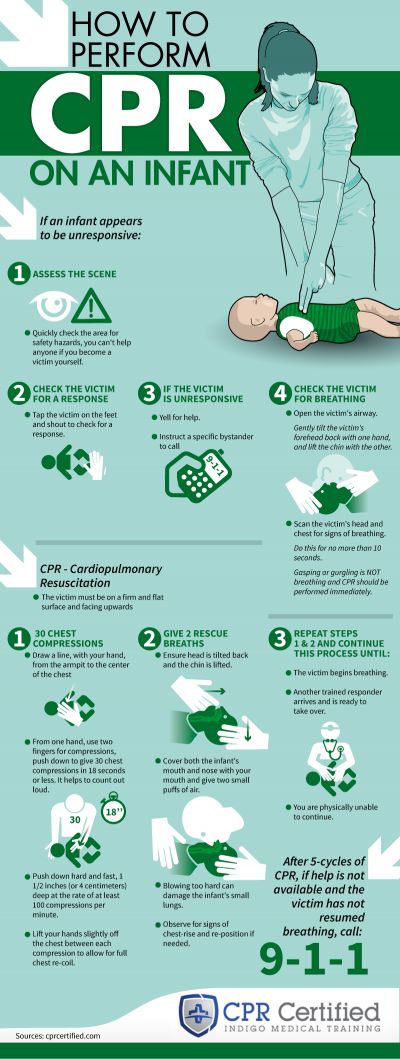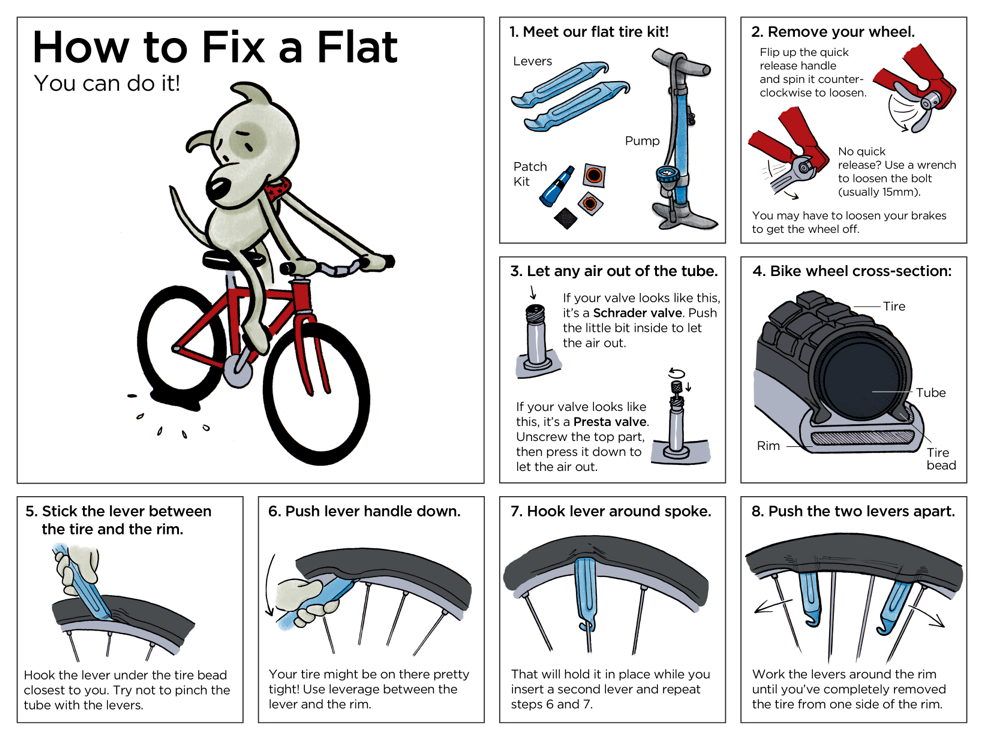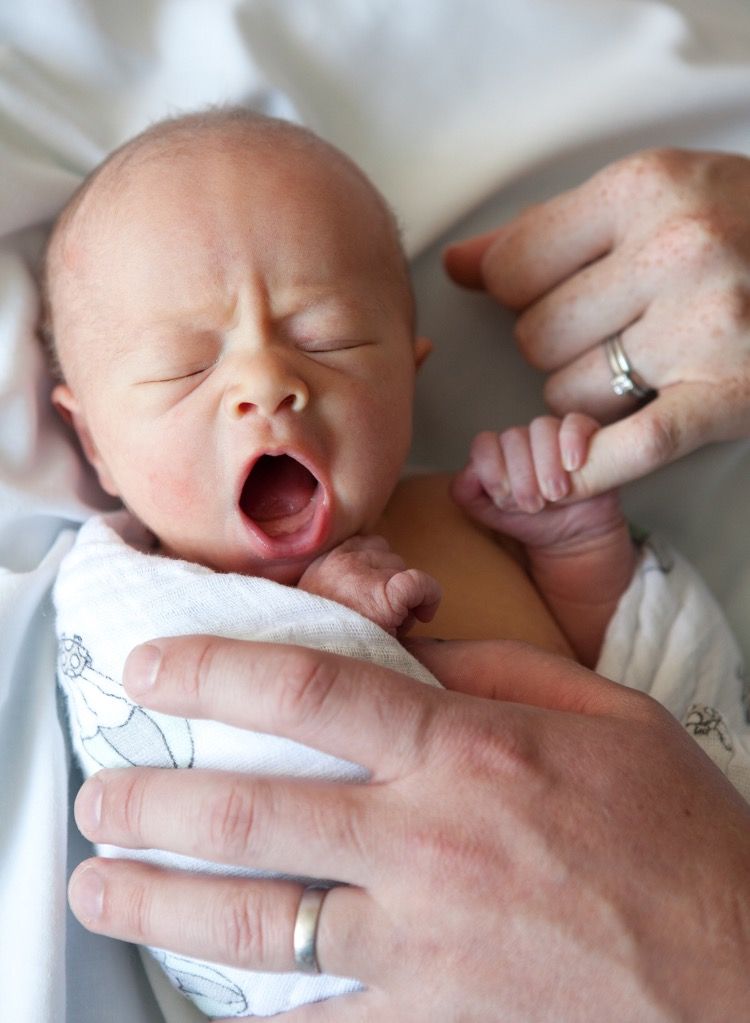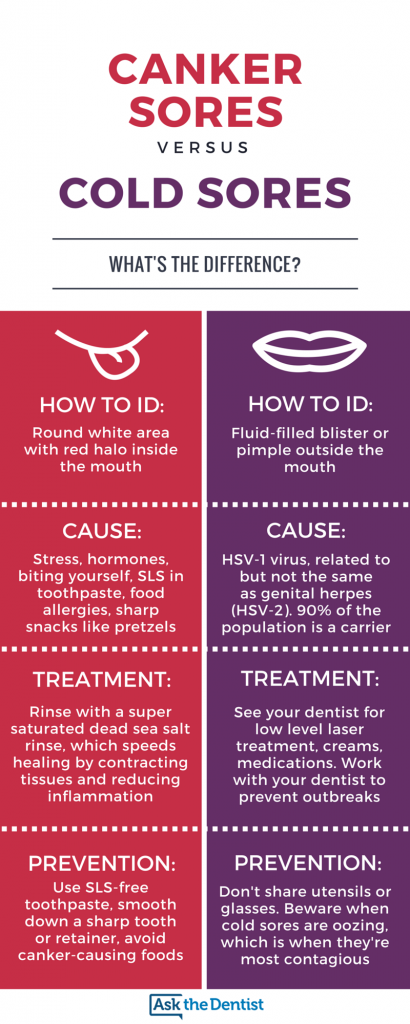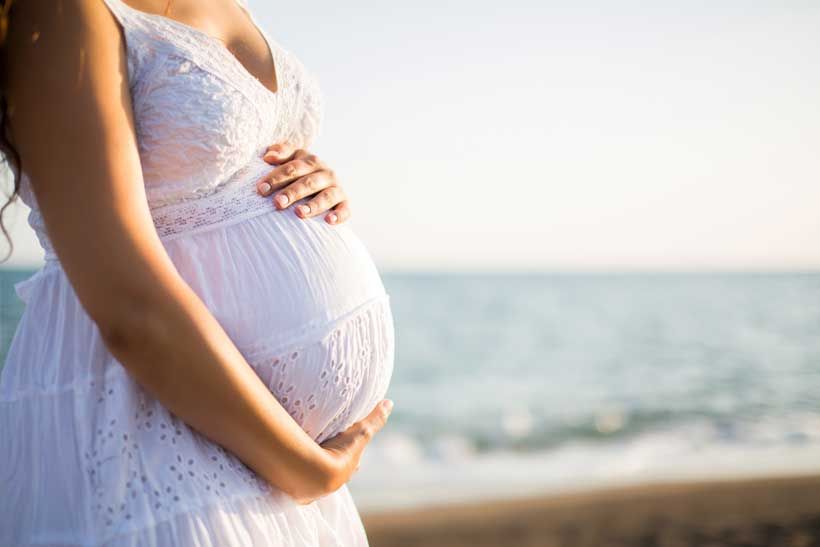How to tell if pregnant without test
22 Ways to Know If You're Pregnant Without Taking a Test
Finding out that you are pregnant is usually a joyful moment. There might be many signs that you are pregnant from the day of conception, but you may not notice them.
Video: How to Confirm Pregnancy Without Taking a Test
While pregnancy tests are the sought after option, there are a few ways by which you can know with reasonable certainty that you are pregnant. In this article, we will look at how to confirm your pregnancy without a test, for the benefit of expecting parents.
Also Read: How and When to Take a Pregnancy Test
22 Easy Ways to Confirm Pregnancy Without Taking a Test
There are a lot of ways to confirm pregnancy without tests – some involve observing the functions of the body, and others involve understanding how the mother is feeling. Let us take a look at a few ‘symptoms’ of pregnancy.
1. Missing Periods
In most cases, this is the reason women suspect that they are pregnant. When fertilisation occurrs in the uterus, it stops releasing eggs consequently, the woman stops menstruating. Even though missed periods may also be caused due to overeating, stress, and sudden weight changes, it is worth taking a look at if you have been trying to conceive a baby.
2. Spotting
Spotting refers to the phenomenon where bleeding occurs between a woman’s menstrual cycle. When the fertilised egg implants itself on the wall of the uterus, light bleeding occurs through the vagina. This is usually a couple of weeks after the woman’s last period. Spotting is usually a concrete sign of pregnancy, so it is best to consult the doctor if you observe blood at a different time than expected.
Spotting can sometimes also be accompanied by light cramping, which indicates that the egg has implanted itself along the lining of the uterus. Since spotting and cramping can be easily mistaken for the start of another period, here is how you can assess if your cramps are a result of implantation occurring in your uterus:
Since spotting and cramping can be easily mistaken for the start of another period, here is how you can assess if your cramps are a result of implantation occurring in your uterus:
- Your cramps might feel like pricks
- Your cramps might feel like pulls
- You might have a tingling feeling as a cramp
Implantation cramps may occur 6-12 days after your ovulation has occurred, which is usually also when a period begins, so make sure you assess what your cramps feel like. Remember that these cramps are not severe; if you feel severe cramping in your abdomen, call a doctor immediately.
3. Vomiting
Another common sign that a woman is pregnant is morning sickness. It is when a woman gets sick right after waking up and ends up vomiting for the slightest reason. It is caused due to the rising levels of the hormone in the woman and occurs around three weeks after fertilisation has occurred.
4. Feeling Full
Very early during pregnancy, women might feel unnaturally full even without having consumed a small amount of food. This feeling may be accompanied by excessive belching, flatulence and intestinal cramps. As the progesterone levels in the body rise, it affects the digestive tract and results in bloating .
This feeling may be accompanied by excessive belching, flatulence and intestinal cramps. As the progesterone levels in the body rise, it affects the digestive tract and results in bloating .
5. Sensitive Breasts
Another early sign of pregnancy is sore breasts. They become tender and swollen and the nipples become tingly at the lightest touch. The colour of the nipple might also turn darker, and there may be small spots around the area. These spots are usually white in colour.
6. Urination
Hormonal changes occur in a woman’s body whenshe is pregnantbecause of which they feel the need to urinate at a much higher frequency than normal. A pregnant woman might have to rush to the washroom every half an hour, owing to increased blood circulation and higher levels of water retention in the body.
7. Pain in the Back
Periods are commonly accompanied by pain in the small of the back, which also happens during the early stages of pregnancy. The cause of this pain might be stress and hormonal changes, so they do not go away in spite of rest and massages. However, you can reduce this pain with light exercises and yoga as the pregnancy progresses.
However, you can reduce this pain with light exercises and yoga as the pregnancy progresses.
8. Headaches
Headaches by themselves do not indicate pregnancy, but you have to be alert if it comes with any of the other symptoms mentioned here. Headachesare common as the first trimester progresses, and continue throughout the second trimester. The main cause is usually stress, so the headaches can be treated with rest .
9. Mood Swings
Mood swings become common when a woman is pregnant. The change in your mood is sudden and quick- you might be feeling happy at one moment, and irritable the next. These occur due to rising levels of the hormones in the bloodstream and can be reduced by trying to consciously maintain a cheery disposition.
10. Changes in Food Patterns
This can go both ways you might feel cravings towards a particular type of food and aversions towards others. This occurs due to rise in the levels of estrogen in the blood and can happen any time throughout the pregnancy. Food cravings can be satisfied, provided that the items are safe and that you do not overeat.
Food cravings can be satisfied, provided that the items are safe and that you do not overeat.
11. Fatigue
Expecting mothers go through a lot of changes in terms of their bodily functions, and all of this can result in loss of sleep and fatigue. This is caused in part due to progesterone in the blood, and nausea that occurs constantly. The fatigue usually subsides by the second trimester, but comes back during the third trimester.
12. Sensitive Gums
Sensitive gums can be a sign of pregnancy as well. The gums may be pain and bleed even when you brush really slowly. You need to consult the doctor anyway if you have bleeding gums.
13. Redness in Palms
The medical name for this condition is palmar erythema – the palms of an expecting mother get a a reddish hue early during pregnancy. This condition occurs due to the increase in estrogen levels in the body of the mother.
14. Nasal Congestion
When the hormones in the bloodstream increase in quantity, it results in the membranes of the nose becoming swollen and dry. This leads to nasal congestion in pregnant women, – your nose might start to feel stuffy or runny.
This leads to nasal congestion in pregnant women, – your nose might start to feel stuffy or runny.
15. Basal Body Temperature
Basal body temperature is a great way to check if you are ovulating. Most couples who are trying to conceive chart the woman’s body temperature so that they can ascertain when she is ovulating. However, if the temperature remains high for around two weeks after ovulation, it almost always means that the woman is pregnant.
16. Sex Drive
Owing to the large quantities of hormones in the woman’s body , she might not have much of a sex drive after she becomes pregnant, at least in the initial stages. Sexual interest can also decrease in the woman due to fatigue , the stress of pregnancy, or medication.
17. Discolouration
Pregnancy causes changes in the pigmentation of your face and body. Your nipples may turn dark, and you may get dark spots around the forehead, upper lips and the bridge of the nose. The medical term for this phenomenon is melisma, also known as the ‘mask of pregnancy’.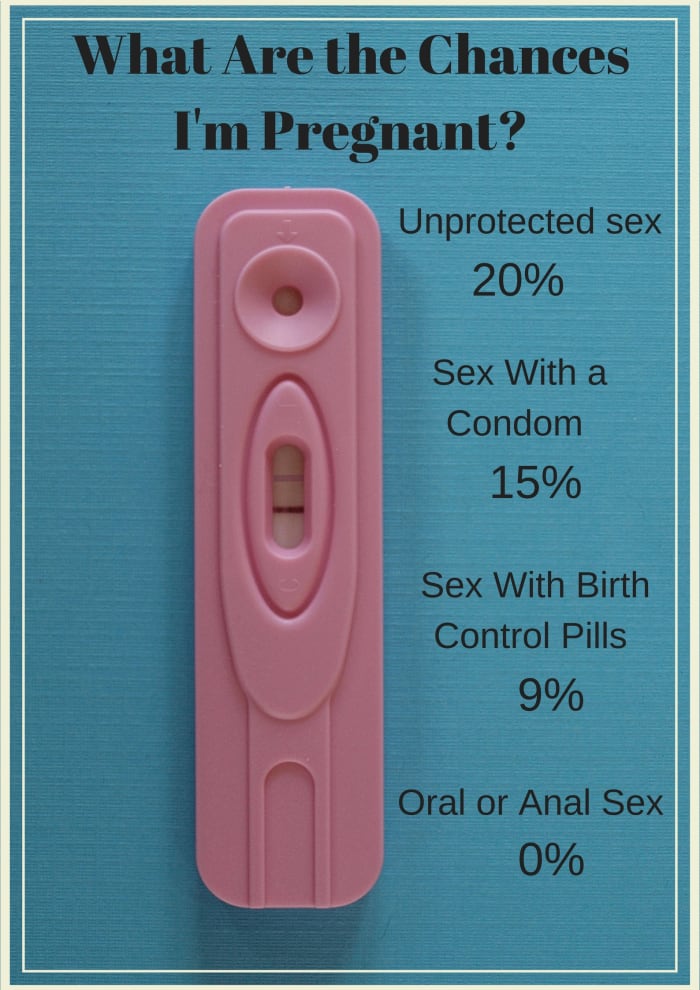 However, this change in colour goes away after delivery.
However, this change in colour goes away after delivery.
18. Dark Line of Hair
Pregnant women also grow a dark line of hair, starting from the top of the uterus to the pubic bone. This line might appear earlier if the woman is getting pregnant for the second time.
19. Pimples
The hormonal changes that take place in the body during pregnancy are similar to puberty, so it is no surprise that acne makes a reappearance during pregnancy. The woman’s skin becomes oily and patchy, and pimples start appearing all over the face. If the condition worsens on using sensitive skin products, talk to your doctor .
20. Itching
When a woman is pregnant, she might feel itchy on some parts of her skin. This occurs because the amount of blood supplied to the skin increases during pregnancy, making the skin more sensitive. To combat the feeling, you can wear comfortable clothing and maybe use a few types of pregnancy creams – if it becomes unbearable, you may have to pay a visit to your doctor.
21. Spider Veins
Pregnancy results in the release of excess amounts of estrogen into the bloodstream, and this can result in the formation of spider veins across the skin. These usually fade away after the baby is born- talk to your doctor if they do not go away.
22. Dry Skin
This occurs due to a combination of factors like the hormonal changes, fatigue and the lack of sleep that occurs during pregnancy. Speak to your doctor about how it can be treated if the condition worsens. Remember to be hydrated at all times, and keep your skin moisturised so that it does not affect you.
FAQs
1. When Can Pregnancy Be Confirmed?
You can confirm your pregnancy around ten days after you first miss your period. The test checks the levels of hCG hormone in the urine, as it increases substantially when she becomes pregnant.
2. When Should You Visit the Doctor to Confirm Pregnancy?
If you doubt that you are pregnant, you can buy a pregnancy test and check for yourself. Once the doubts have been confirmed, you can pay a visit to the doctor. However, if you have a history of problems with your previous pregnancy, go to the doctor as soon as possible.
Once the doubts have been confirmed, you can pay a visit to the doctor. However, if you have a history of problems with your previous pregnancy, go to the doctor as soon as possible.
3. Can You Use Non-medical Ways to Confirm That You Are Pregnant?
They Some home pregnancy tests can be taken with the help of soap, vinegar, toothpaste, bleach, etc. However, none of these tests should be taken to be 100% accurate – you will have to visit the doctor for that.
4. How Accurate Are the Natural Signs of Detecting Pregnancy?
If only one of the above-mentioned conditions affects you, then you are most likely not pregnant. However, if you are affected by most of the above symptoms, you can be reasonably sure that you are pregnant.
5. Do Sudden Behavioural Changes Indicate Pregnancy?
If the woman goes through a lot of mood swings and is not menstruating, it might be an indication that she is pregnant. However, it cannot be taken as a sign that confirms pregnancy – you will have to consult the doctor for that.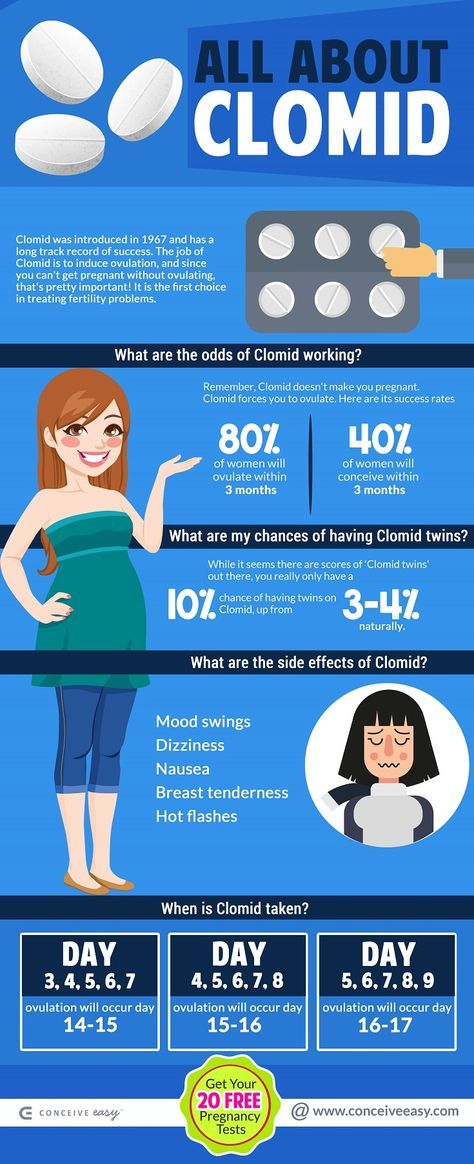
6. Can You Confirm Pregnancy From Changes in the Sleep Pattern?
A pregnant woman’s sleep pattern changes owing to the increased levels of progesterone in her body. However, a woman might lose sleep due to a host of other reasons, so it is wrong to conclude that someone is pregnant just because she is not sleeping well.
A combination of the above-mentioned signs can indicate that you are pregnant – if only one or two affect you, you are most likely not pregnant. However, do pay the doctor a visit to confirm that you are going to have a baby if you experience some of these symptoms.
Also Read:
How to Take Pregnancy Test at Home
Baking Soda Pregnancy Test
List of DIY Pregnancy Tests
15 Ways To Confirm Pregnancy Without Doing A Test
Besides missed periods, you can look for other signs that may indicate pregnancy.
Research-backed
MomJunction believes in providing reliable, research-backed information to you. As per our strong editorial policy requirements, we base our health articles on references (citations) taken from authority sites, international journals, and research studies. However, if you find any incongruencies, feel free to write to us.
As per our strong editorial policy requirements, we base our health articles on references (citations) taken from authority sites, international journals, and research studies. However, if you find any incongruencies, feel free to write to us.
Medical tests or home-pregnancy test kits can help you confirm a pregnancy. However, if you are curious and keep asking yourself how to know if you’re pregnant without a test, this post is for you.
The first thing that comes to mind is missed periods. This is the most common sign of pregnancy in most women. But there are other signs and symptoms as well that may or may not be that common. For instance, sore breasts and dryness of skin may indicate conception in some women.
In this post, we have compiled a list of all such unique as well as common symptoms that might let you know if you are pregnant. However, it is advisable that these should not be taken as the only indicators of pregnancy, and a doctor’s consultation is a must for confirmation.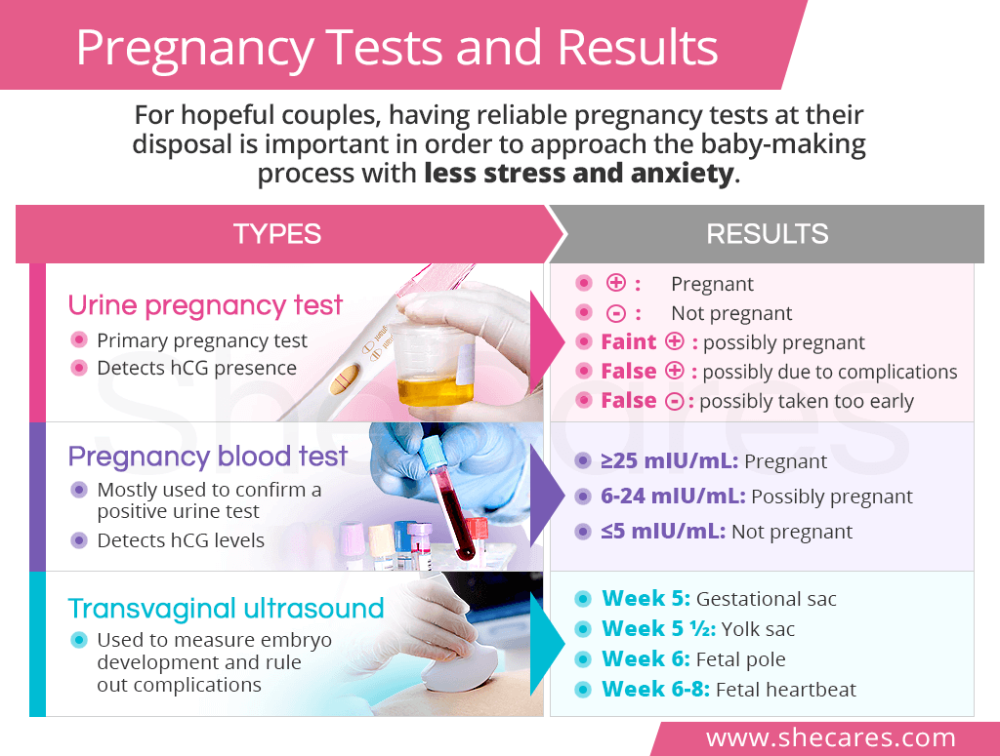
Below are some of the indications your body could give when you are pregnant. Some women may have a few or all of these symptoms, while some may not have them at all.
1. Missed periods
Image: Shutterstock
This is the first sign of possible pregnancy (1).
However, you can miss your period for several other reasons, such as sudden weight gain or loss, regular usage of contraceptives, stress or overexertion, and eating disorders or any gynecological problems (2). Therefore, you should do a home pregnancy test or consult a doctor about seven to ten days after your missed period to know for sure.
2. Spotting
If you notice a few drops of blood after one or two weeks of your last period, this could be implantation bleeding. Spotting occurs when the embryo implants itself in the uterus wall (3). But it can happen for other reasons too, and it may not be easy to know if the spotting is specifically due to implantation. Also, not all women experience spotting.
3. Nausea and vomiting
Image: iStock
Some women might have nausea and morning sickness as early as three weeks from conception. You might feel nauseous at the smell, taste, or even thought of food. It could be an indication that the hormonal levels are rising, and a probable sign that your body is preparing for pregnancy (4).
Not all women have it so early during pregnancy, and some may not have it at all in the first month.
Related: 7 Reasons For Third Trimester Nausea And Its Prevention
4. Constipation and bloating
Women might experience gas, bloating, flatulence, constipation, and excessive belching due to the rising progesterone levels, which relax the smooth muscle tissue in the gastrointestinal tract affecting the digestion process (5). This can make you feel full even after small meals.
Pregnancy is not the only reason for bloating. You could have this feeling also due to indigestion, acidity, etc.
5. Sore breasts and tingly nipples
A few women complain of sore, tender, and painful breasts. The areolas and nipples might turn darker, and there could be small spots around the nipples. You may also see some pimple-like white spots around the areola (6).
The areolas and nipples might turn darker, and there could be small spots around the nipples. You may also see some pimple-like white spots around the areola (6).
These changes in breasts could be mistaken to be a symptom of PMS symptom and not of pregnancy, or vice-versa.
Related: Breast Pain During Pregnancy: Symptoms And Tips To Reduce It
6. Frequent urination
In some cases, hormonal changes could increase the blood flow and water retention, filling the bladder more frequently than before. Also, the growing uterus exerts pressure on the bladder, causing frequent urination (7).
This sign could be confusing, especially in the winters, when the cold climate naturally increases your urge to pee. Some other reasons for frequent urination are urinary incontinence and an overactive bladder.
7. Back pain
Image: iStock
Your lower back could ache just like how it does before and during a period. The pain occurs around the sacroiliac joint (8).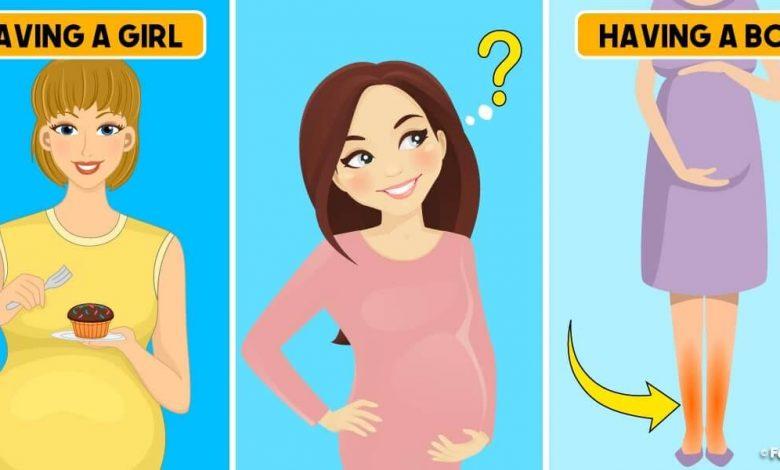
However, as the pain is like that you get during your period, it can be misleading and may not be a clear indication of your pregnancy.
8. Headaches
Headaches can also be signs of pregnancy and maybe experienced early in the gestation period (9). But headaches are so generic that they cannot be considered a standalone symptom of pregnancy. You may check for other signs of pregnancy and see if they are occurring at the same time as the headaches to determine the pregnancy. If the headaches are too frequent or severe, consult a doctor.
Related: Headache During Pregnancy: Types, Causes, Treatment & Prevention
9. Irritability or mood swings
You could feel oversensitive, grumpy, and tearful due to hormonal changes altering the levels of neurotransmitters or chemical messengers to the brain. This could result in heightened emotions, both positive and negative (10). But such feelings could be like your PMS symptoms and may not necessarily help in determining pregnancy.
10. Food aversions/cravings
Image: Shutterstock
Craving for some foods or developing an aversion to some smells could be a sign of pregnancy. You may have these cravings and aversions at any time during pregnancy (11).
11. Fatigue and sleeplessness
The rising progesterone levels, nausea, and frequent urination could lead to sleeplessness and fatigue. You may feel energetic in the second trimester, and tiredness might return in the third trimester (12).
You may have sleeplessness or insomnia due to other reasons, such as stress, depression, poor sleeping habits, or medications as well.
12. Palmar erythema
In some cases, you may notice redness on your palms, also referred to as red palms. It might occur due to abnormal estradiol (a female sex hormone) levels in women (13).
Some other reasons for this could be genetics, liver diseases, autoimmune diseases, infections, or other lifestyle changes.
13. Nasal congestion
Image: iStock
Rising hormonal levels and blood production may affect the mucous membranes in the nostrils and make them swell, dry, and bleed. This could, therefore, lead to a runny or stuffy nose (14)
This could, therefore, lead to a runny or stuffy nose (14)
Just like headaches, nasal congestion is a generic symptom and not unique to pregnancy. Therefore, you need to check this in conjunction with other pregnancy symptoms.
Related: Pregnancy Rhinitis (Stuffy Nose): Causes, Symptoms & Treatment
14. Low sexual desire
Research shows that some pregnant women have observed that their sexual desire had come down in the first trimester and then progressively decreased as the pregnancy progressed. However, the evidence is retrospective (15).
15. Acne
An increase in hormonal activity might result in acne breakouts, just like it could happen during menstruation (14) (16).
The symptoms listed above could be the signs of pregnancy, but they can occur due to other health reasons as well. Also, you may not have any of these symptoms and still be pregnant.
1. Are the natural signs of detecting pregnancy accurate?
The natural signs may or may not indicate a pregnancy because they might overlap with the symptoms of other health issues or could happen due to general hormonal fluctuations before the menstrual period.
A home pregnancy test or a blood test is the best way to confirm that you are pregnant.
2. After how many days can pregnancy be confirmed?
Pregnancy can be confirmed as early as a week after a missed period if you are taking a home pregnancy test. A blood test can give you the result sooner. The presence of hCG hormone in the urine usually takes longer time to show than that in the blood.
3. When to visit a doctor to confirm pregnancy?
You may visit your doctor once your home pregnancy test shows positive or if you missed your period for two consecutive cycles. Mostly, doctors suggest you visit around eight weeks of probable pregnancy, or earlier if you have any medical condition or had problems with your previous pregnancy (17).
4. Can you use non-medical ways to confirm that you are pregnant?
Non-medical ways have been used to determine pregnancy, long before pregnancy test kits were not in use. However, they may not be accurate and do not have any scientific backing.
How to confirm pregnancy without doing a test is a common curiosity many women have. You may undergo medical tests or perform home urine tests to confirm pregnancy. Although some early pregnancy symptoms may help confirm pregnancy without a test, these are not always accurate. Missed periods, spotting, sore breasts, and nausea are early signs of pregnancy. In addition, some women may experience nasal congestion, low sexual desire, food cravings or aversions, and fatigue in early pregnancy weeks. If women keep track of their ovulation and menstruation, and if their cycles are regular, they may be able to detect pregnancy sooner.
References:
MomJunction's articles are written after analyzing the research works of expert authors and institutions. Our references consist of resources established by authorities in their respective fields. You can learn more about the authenticity of the information we present in our editorial policy.
1. Pregnancy; Cedars-Sinai
2.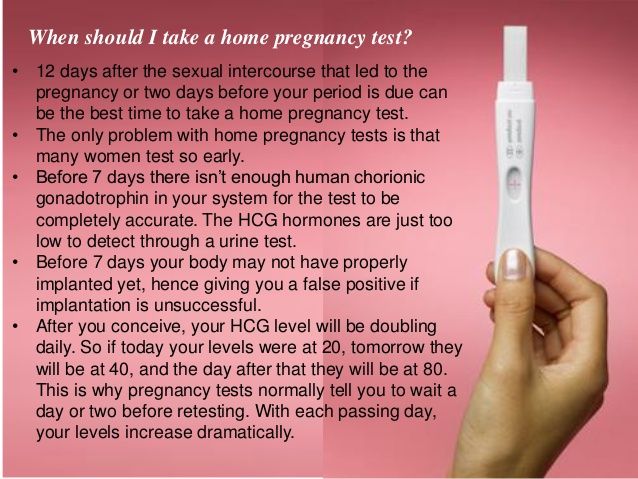 9 Reasons Your Period Is Late (If You’re Not Pregnant); Texas A&M Health Science Center (2016)
9 Reasons Your Period Is Late (If You’re Not Pregnant); Texas A&M Health Science Center (2016)
3. Vaginal bleeding in early pregnancy; NIH (2018)
4. Noel M. Lee and Sumona Saha; Nausea and vomiting of pregnancy; Gastroenterol Clin North Am (2013)
5. Magan Trottier et al.; Treating constipation during pregnancy; Can Fam Physician (2012)
6. Normal breast development and changes; University of Rochester Medical Center
7. Frequent urination; Rush University Medical Center
8. Jennifer Sabino and Jonathan N. Grauer; Pregnancy and low back pain; Curr Rev Musculoskelet Med (2008)
9. Headaches in early pregnancy; University of Rochester Medical Center
10. Lori L. Altshuler et al.; An update on mood and anxiety disorders during pregnancy and the postpartum period; Prim Care Companion J Clin Psychiatry (2000)
11. C.N.M. NYARUHUCHA; Food cravings, aversions and pica among pregnant women in Dar es Salaam, Tanzania; Tanzania Journal of Health Research (2009)
12. Cristina A Reichner; Insomnia and sleep deficiency in pregnancy; Obstetric Medicine
Cristina A Reichner; Insomnia and sleep deficiency in pregnancy; Obstetric Medicine
13. Serrao R et al.; Palmar erythema; Am J Clin Dermatol (2007)
14. Common Discomforts During Pregnancy; Beaumont Health
15. Pamela C Regan, et al.; Pregnancy and changes in female sexual desire: A review; Social Behavior and Personality, Society for Personality Research (2003)
16. Skin Conditions During Pregnancy; American College of Obstetricians and Gynecologists (2018)
17. What happens during prenatal visits; NIH (2017)
The following two tabs change content below.
- Reviewer
- Author
Rebecca is a pregnancy writer and editor with a passion for delivering research-based and engaging content in areas of fertility, pregnancy, birth, and post-pregnancy. She did her graduation in Biotechnology and Genetics from Loyola Academy, Osmania University and obtained a certification in ‘Nutrition and Lifestyle in Pregnancy’ from Ludwig Maximilian University of Munich (LMU). She has been into health and...
She has been into health and...
View Profile ›
Dr Sachchidananda Maiti is a practising Consultant Gynaecologist & Obstetrician in Manchester, UK both in the National Health Service (NHS) and in private care at Pall Mall Medical. He has had decades of clinical experience in the UK and abroad. He specializes in managing high risk early pregnancy complications and a variety of gynaecological conditions using ultrasound scan, colposcopy, laparoscope...
View Profile ›
How to determine pregnancy without a test
How to determine pregnancy without a test and what signs indirectly indicate that your beloved baby will be born soon? Of course, only a blood test can give a 100% guarantee, but the presence of certain signs may indicate its possible onset.
Classic signs of pregnancy
The most common early signs and symptoms may include
- Delayed menses. Problems with the regularity of the menstrual cycle may be associated with hormonal imbalance in the body.
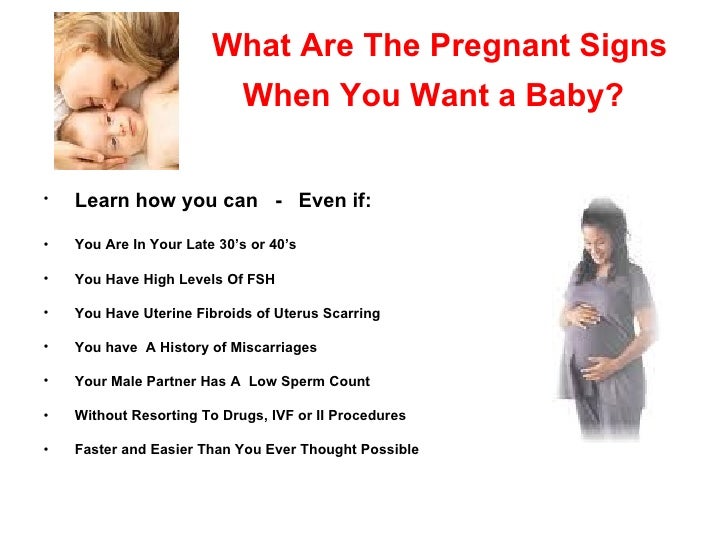 But if the delay arose for the first time, and before that the cycle was as accurate as a clock, then it is likely that you are pregnant.
But if the delay arose for the first time, and before that the cycle was as accurate as a clock, then it is likely that you are pregnant. - Early toxicosis with severe nausea and vomiting - the most common sign of an interesting situation, but not every woman has.
- Pain in both breasts or enlargement. Nipples can become very sensitive and change color. Sometimes in the early stages, colostrum is released from them with slight pressure.
- Pain in the pelvic region, similar to menstruation. But this sign can also indicate such a serious pathology as an ectopic pregnancy.
- Increased amount of discharge from the genitals. This can usually be observed during ovulation. Normal discharge is clear and odorless. When a whitish tint or a curdled structure appears, thrush can also be assumed, which is a common problem for expectant mothers. But in this case, you can not do without treatment.
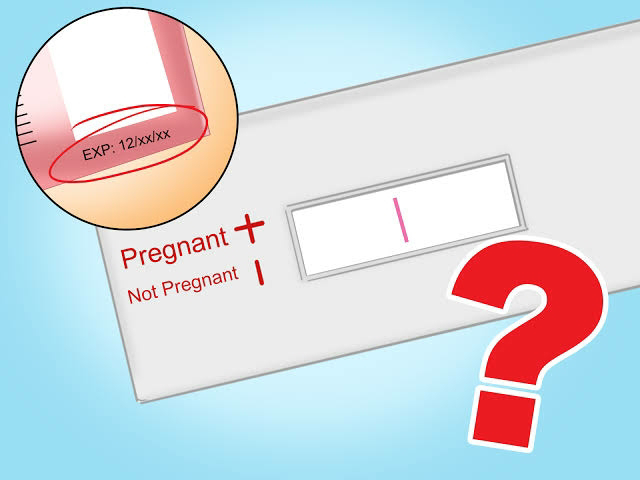 During the period of bearing a child, it is necessary to protect your body as much as possible from any, even such a safe disease.
During the period of bearing a child, it is necessary to protect your body as much as possible from any, even such a safe disease. - Increased or vice versa reduced libido. Every woman experiences jumps in sexual desire in one direction or the other due to hormonal changes occurring in the body. Therefore, men should treat this with understanding, knowing that they have not become less loved, but these are just signs of pregnancy.
- Frequent urination, despite the fact that you do not drink more often and there are no inflammatory diseases of the genitourinary system. A similar phenomenon is associated with a slight relaxation of the sphincter of the bladder due to hormonal processes. And with the growth of the uterus and, accordingly, with the increase in pressure on the bladder, going to the toilet will become even more frequent.
Additional symptoms of pregnancy
There are less obvious signs that may occur during the first trimester.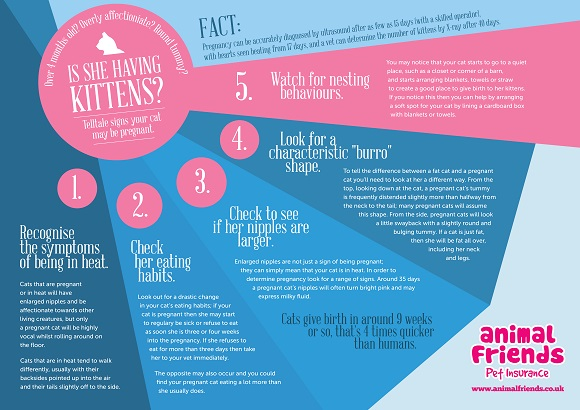 These include:
These include:
- Strange Desires . For example, at night I sharply wanted chocolate, and during the day - salted fish. Such desires may not be mere whims. If you want sour, then perhaps there is not enough vitamin C in the body. You want to gnaw on the wall with calcium deficiency, and sniff gasoline - with a lack of iron, anemia.
- Constant irritability, tearfulness. The flow of hormones in a woman's body in the early stages can make her unusually emotional. So-called mood swings can be a clear sign of pregnancy.
- Bloating . Hormonal changes can cause feelings of fullness in the abdomen, as at the beginning of the menstrual cycle.
- Bloody discharge pale pink. This symptom is called implantation bleeding. This happens when a fertilized egg attaches to the lining of the uterus, about 10 to 14 days after conception. Usually occurs during the normal periods of the menstrual period.
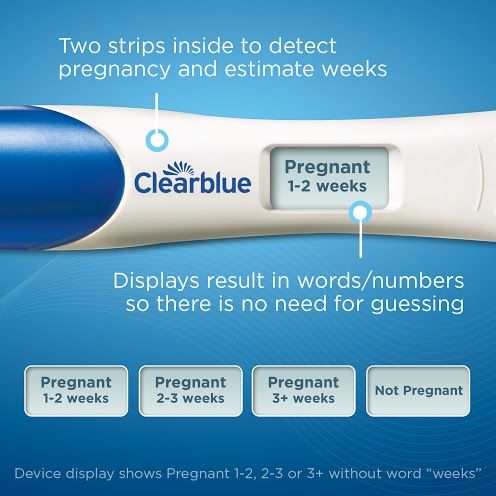 But not all women have such bleeding is a sign of a normal pregnancy. Therefore, in case of detection of deviations from the normal cycle, consult a gynecologist.
But not all women have such bleeding is a sign of a normal pregnancy. Therefore, in case of detection of deviations from the normal cycle, consult a gynecologist. - Chair problems . Hormonal changes cause the digestive system to slow down, which can lead to constipation.
- Food aversions . When you are pregnant, you may become more sensitive to certain smells and your sense of taste may change. Like most other symptoms, these eating habits can be attributed to hormonal changes.
- Nasal congestion . An increase in hormone levels and blood production can lead to swelling of the nasal mucosa. This can cause congestion or runny nose, nosebleeds.
90,000 first signs of pregnancy in the early stages
Basket
0 ₽
Basin
0 ₽
Publication date: 05/17/2021
For pregnant and nursing forces StressstressArticle 9000
Svetlana Bukharova,
Nutritionist, fitness instructor
12 years of experience. Diploma of Medical Education: DVS 1724848
Diploma of Medical Education: DVS 1724848
Article content
- How to understand the first signs of pregnancy without a test
- Signs of pregnancy in the early stages will help to determine the measurement of basal temperature
- Pregnancy symptoms - "Grandma's" methods of determining
- Determination of pregnancy by changes in well-being and mood
- Ask an expert on the topic of the article
Since ancient times, women have been looking for ways to find out about pregnancy as early as possible. Documents found during the study of the Egyptian pyramids (1370 BC) describe this method of early detection of pregnancy: a woman should urinate on barley and wheat seeds. If the grain sprouted shortly thereafter, the woman was considered pregnant. The method was tested by modern scientists in 1963, and it turned out that such a text is really effective in 70% of cases. This is due to an increase in the level of estrogen in the body of the expectant mother, which is excreted along with urine and accelerates the process of grain germination.
The method was tested by modern scientists in 1963, and it turned out that such a text is really effective in 70% of cases. This is due to an increase in the level of estrogen in the body of the expectant mother, which is excreted along with urine and accelerates the process of grain germination.
And at the end of the 17th century, the so-called "olfactory" method was popular. They set fire to a cloth soaked in women's urine. If the woman did not like the smell formed during burning, it was concluded that the lady was in position. However, there are many such methods, many of them have been tested for centuries and have the right to exist. In the article we will talk about the most effective testless methods for determining the "interesting position" - both medical and folk. The latter do not guarantee 100% reliability, since they do not have scientific justification and confirmation, but they will help not to delay a visit to the gynecologist.
How to understand the first signs of pregnancy without a test
Medical methods are the most reliable in determining pregnancy without a test. If you suspect that you are in an interesting position, go to the antenatal clinic. The gynecologist will examine you and direct you to donate blood for the hCG hormone.
If you suspect that you are in an interesting position, go to the antenatal clinic. The gynecologist will examine you and direct you to donate blood for the hCG hormone.
HCG
Blood should be taken in the morning on an empty stomach. The concentration of chronic genadotropin increased throughout pregnancy. If the egg is not fertilized, the indicator is 0-5 mU / ml. If the gestational age is from one to two weeks - 25-156 mU / ml.
Ultrasound
From the seventh day, the fact of conception can be determined by ultrasound. Ultrasound is needed not only to confirm pregnancy. The doctor will also determine the condition of the reproductive organs, the location of the embryo, and exclude an ectopic pregnancy.
Don't have time to read long articles? Follow us on social networks: listen to the video in the background and read short notes about beauty and health.
Megapharmacy in social networks: VKontakte, Telegram, OK, Viber
Signs of pregnancy in the early stages will help determine the measurement of basal body temperature
Gynecologists call this method one of the most reliable. At the beginning of the menstrual cycle, the basal temperature (BT) is kept at around 36.5 - 36.7 ° C, rises to 37 ° C by ovulation. In the event that there was no conception, after the cessation of ovulation, BT again decreases to average values. If you are pregnant, the temperature will be kept within 37 ° C.
At the beginning of the menstrual cycle, the basal temperature (BT) is kept at around 36.5 - 36.7 ° C, rises to 37 ° C by ovulation. In the event that there was no conception, after the cessation of ovulation, BT again decreases to average values. If you are pregnant, the temperature will be kept within 37 ° C.
How to measure basal body temperature?
A conventional thermometer is inserted into the rectum or vagina. The procedure should be carried out every day at the same time in the morning, without getting out of bed. When measuring temperature:
- Stay in the same position in which you woke up
- Measure BBT 5-8 minutes
- Write down the values (with date and time)
Important! During the period of determining the basal temperature, it is advisable not to smoke or drink alcohol.
Pregnancy symptoms - "Grandma's" methods of determination
You can determine pregnancy without a test using folk methods. They are affordable, harmless to health and help you get quick results without leaving your home.
They are affordable, harmless to health and help you get quick results without leaving your home.
How does iodine help determine pregnancy?
You can find out that you are pregnant with regular iodine.
What you need:
- Napkin or sheet of paper
- Plastic or glass containers
- Iodine
- Pipette
What to do:
- Collect some urine in a container
- Soak tissue/paper in urine
- Lay out on a flat surface
- Pipette iodine
- Place a few drops on paper
Result:
- If the color of the iodine has not changed or changed to a bright dark blue, there is no pregnancy.
- If iodine has changed color to lilac or lilac, you are pregnant.
Advantages of the method:
- Everything you need is at hand
- Early pregnancy detection
Cons of the method:
- No 100% guarantee
- Accurate adherence to instructions
- Time limit: you only have 25 minutes for the test, then the urine becomes unusable
Find out about pregnancy with soda
What you need:
- Soda
- Urine
- container
What to do:
- Collect about 150-200 ml of morning urine in a container
- Pour 1 teaspoon baking soda into the urine
Results:
- The mixture bubbles and hisses, which means that the acidity is normal.
 you are not pregnant
you are not pregnant - Soda settled at the bottom, which means that my acidity is lowered. There is a high probability that conception has occurred.
Advantages of the method:
- Cheap
- Accessibility
Cons of the method:
- Efficiency not confirmed by studies
- May give a false result (due to the nature of the urine)
There is another method to test for a possible pregnancy, which does not require "chemical experiments". It consists of palpation of the pulse on the abdomen. Place your fingers on your abdomen two fingers below your navel. During pregnancy, the blood supply to this area increases, the pulse becomes more frequent and well audible.
Feeling and Mood Changes in Pregnancy Detection
There are several symptoms in early pregnancy before your period that might suggest you are pregnant before you see your doctor or buy a test. Listen to your body. You are probably pregnant if:
Listen to your body. You are probably pregnant if:
- No menstruation
- Feeling dizzy, there is a veil in front of the eyes
- Body temperature rises to 37 - 37.5°C for a long time
- Stuffy nose
- Enlarged, swollen breasts, the color of the nipples changed, they became hypersensitive
- Feeling of heaviness and pain in the navel, in the lower abdomen
- You feel sick, your sense of smell and touch are acute
- Overweight
- Frequent mood swings, tearfulness
- Weakness, increased drowsiness
- Gastronomic "shifts" - the desire to "taste" unsuitable for food substances, such as chalk. Cravings for salty, sweet, sour
- A sharp decrease or increase in sexual desire
There are many ways to determine pregnancy without a test, but you should not rely only on physiological changes occurring in your body and “grandmother's” tests. Finding out that you may soon become a mother is best from a gynecologist. Only a specialist will be able to prevent abnormalities in the development of the fetus and determine an ectopic pregnancy, if any. Modern diagnostic methods are very effective, and using them you can endure and give birth to a healthy baby.
Only a specialist will be able to prevent abnormalities in the development of the fetus and determine an ectopic pregnancy, if any. Modern diagnostic methods are very effective, and using them you can endure and give birth to a healthy baby.
Sources:
- Cyberleninka.ru L.A. Terebneva: The history of pregnancy tests and modern methods for determining short-term pregnancy. GBOU DPO Russian Medical Academy of Postgraduate Education of the Ministry of Health of Russia
- Elibrary.ru Pregnancy. Week after week. Desktop. book-calendar for expectant mothers and their caring loved ones. Glade Curtis; [Trans. from English: N.A. Shishkov]. - Ser. We are expecting a baby
- Сyberleninka.ru V.E. Kupchenko: Psychology of pregnancy: main directions of research. Omsk State University F.M. Dostoyevsky
- Elibrary.ru Peretyako L.P., Nazarov S.B., Fateeva N.V., Kuznetsov R.A.: Method for morphological determination of gestational age. FSBI "Ivanovo Research Institute of Motherhood and Childhood named after V.

